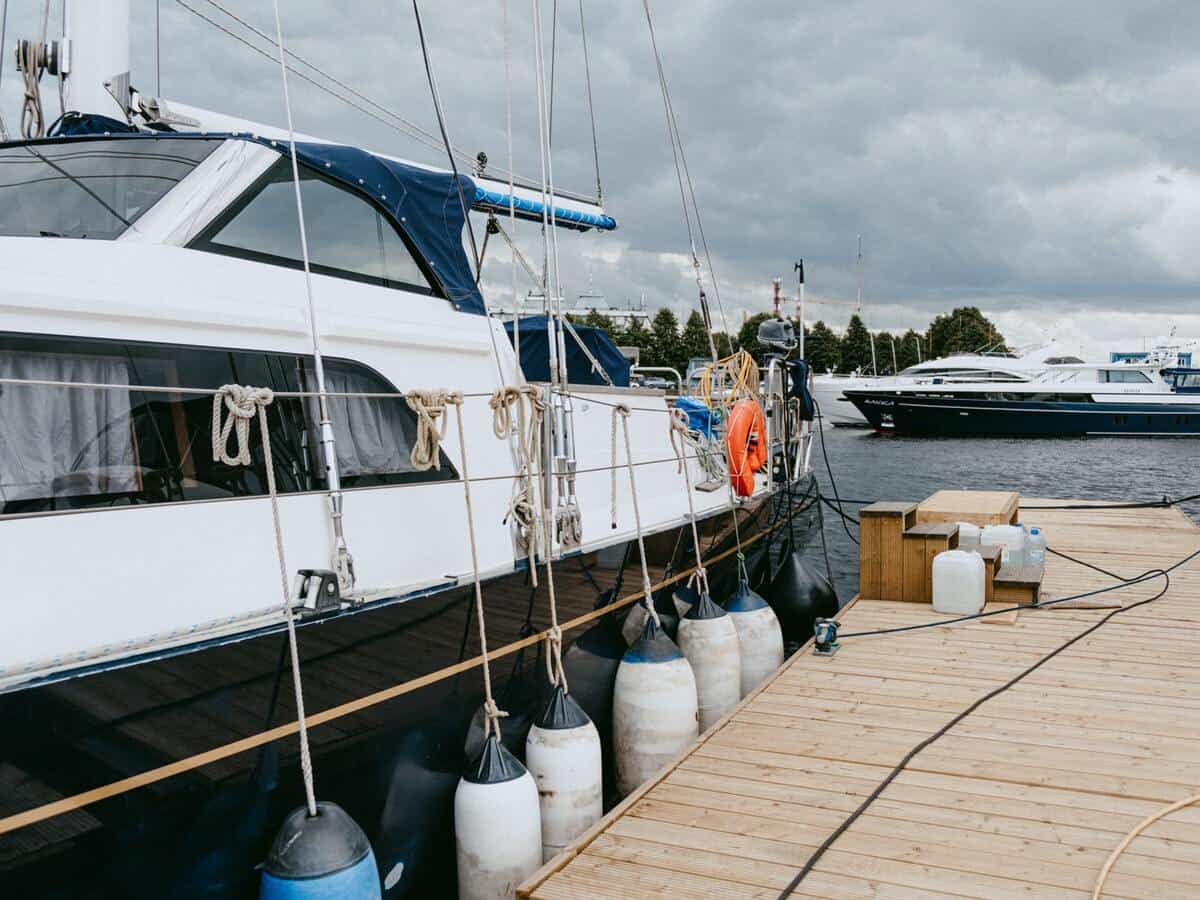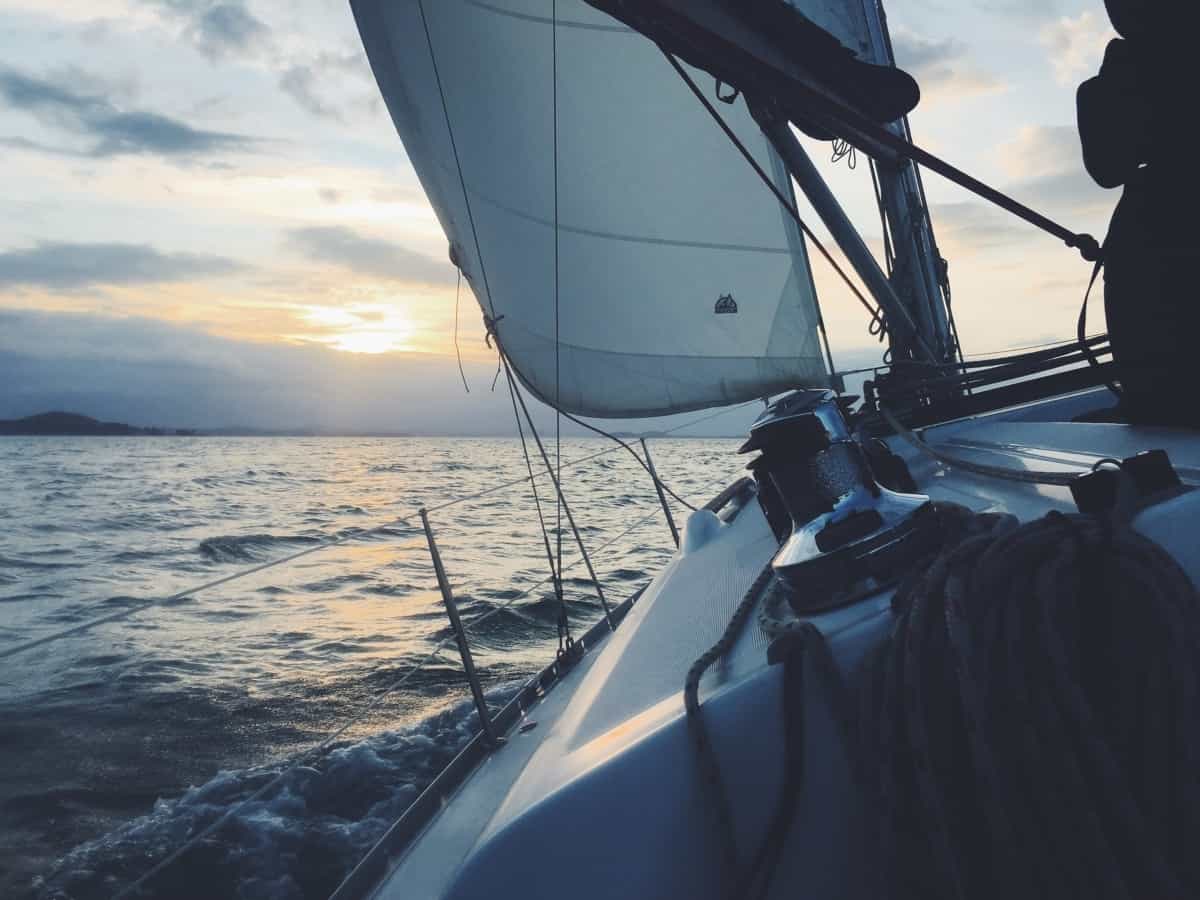Buying a boat often makes us wonder things like “do you need boat insurance?” There is a common misconception that boat insurance is unnecessary. While you may not use your boat as often as your vehicle, you still need coverage. After all, you spent a pretty penny for your boat, so it makes sense to insure it. Let’s take a quick look at why you should purchase boat insurance.
The Merits of Boat Insurance
Do you need boat insurance? If you want peace of mind while out on the water, we think yes. However, having boat insurance is essential even when your vessel isn’t in use. Having proof of boat insurance makes it easier to own, operate, and enjoy your investment. Here are a couple key pointers to remember for boat insurance.
With Boat Insurance, You Can Access Marinas
Most states don’t legally mandate insurance for watercraft. However, plenty of marinas require some level of insurance if the boat owner uses a mooring or slip. In fact, some marinas mandate boat insurance to even use the facility for any boating-related purpose. Certain marinas go to other extremes. For example, you may have to name them as an additional insured party on the boat policy.
If You’re Financing Your Boat, You’ll Need Coverage
If you don’t own your vessel outright, the bank may require insurance as they have a financial stake in the vessel. However, there’s no harm in contacting the lender and asking “Do you need boat insurance?” If a bank requires an insurance policy, it will likely need to cover the boat’s full value.
The bank might also establish minimum requirements for certain coverage types. For example, you may need to list the bank as a lienholder on the insurance policy. Doing so identifies the bank as a co-payee for financial compensation should a loss payment occur down the line. Even financing a small amount of the boat’s value still calls for boat insurance. However, even if you have paid off your vessel and do not use a slip or mooring at the local marina, it is still in your interest to get boat insurance.
Do You Need Boat Insurance if You Have Homeowners Insurance?
A homeowners insurance policy does not cover the full value of the typical boat. Yes, you can cover some boats with homeowners insurance. But insurers set limits on the value and size of boats carried on homeowners insurance policies.
Learn how you can save money on homeowners insurance.
In most situations, the boat’s value can’t be greater than $1,000 or $2,000. Most boats are worth significantly more than a couple thousand dollars. This means they will require an insurance policy separate from the minimum coverage in your homeowners insurance. Unless your water vessel is a kayak or other small vessel that lacks a motor, homeowners insurance coverage alone will not suffice. Furthermore, plenty of homeowners insurance policies provide boat insurance coverage only if it gets physical damage on the owner’s property. This means the policy will not cover damage happening when the boat is on water.

Boat Insurance Offers Financial Relief
Boat insurance is like homeowners or auto insurance in that the policyholder can choose between replacement cost or actual cash value should there be a total loss. If someone gets an injury on the boat, coverage will apply. There’s even the option of purchasing collision coverage and comprehensive coverage for your boat. Boat collision coverage is typically referred to as hull insurance. You can even add coverage to your policy for property damage and bodily injury. Furthermore, plenty of boat insurance policies provide additional coverage for damage stemming from water sports, fuel spill cleanup, and salvage costs, providing even more peace of mind.
Boat insurance is also similar to other types of insurance in that customers can tack on add-on coverage. Examples of such additional coverage options include:
- On-water towing
- Hurricane haul out coverage
- Trailer trip interruption
- Mechanical breakdown coverage
- Fishing equipment coverage
- Ice/freezing damage
Boat Insurance Provides an Invaluable Peace of Mind
If you’re still on the fence about insurance, consider how much better you’ll sleep knowing your investment has a safety net. The bottom line is boating has an inherent level of danger. You’re taking a risk each time you head out to the water with your boat. If your boat has damage, coverage will kick in so you don’t have to pay the entire repair cost out of your own pocket.
The moral of this story is a policy greatly offsets the risk inherent to this potentially hazardous hobby. Even if you go to great lengths to ensure your boating expeditions are as safe as possible, you cannot control the actions of other boaters who might inflict damage on your boat. An unexpected expensive repair may also arise that ruins your budget. This will create more reason to have a policy in place to offset the cost.

Make Sure You Have Optimal Coverage
No two insurance policies are the same. The policy your neighbor has will likely differ in meaningful ways to the one you bring home. So don’t assume any old policy will suffice. Rather, it’s in your interest to sweat the small stuff of your boat insurance policy. This will help you find the optimal level of coverage for your unique vessel. Boat insurance typically splits into several types of coverage. Coverage types range from collision/comprehensive to uninsured and liability.
- Liability Insurance is typically the bare minimum standard that marinas, banks, and states will mandate. Boat insurance experts commonly advise owners to buy $1,000,000 of liability insurance. However, this amount can bump up even higher if your boat is particularly powerful, fast or riskier as it has the potential to cause that much more costly damage than other vessels.
- Bodily Injury Liability covers all costs tied to injuries suffered by others if the boat owner is at fault for the boating accident. Fuel spill liability is coverage applicable to fines incurred as a result of a boat fuel spill. Hull coverage applies to physical damages caused to the boat, including its motor, equipment, trailer and accessories.
- Property Damage Liability coverage applies to the cost of damages to another individuals’ property after an accident caused by the insured boat owner. Property damage pays out when the insured party is legally liable for the accident that damages another individual’s vessel or other personal water watercraft.
- Uninsured / Underinsured coverage is necessary as there is the potential for an uninsured boater or an uninsured individual to cause damage to your boat. Generally, the minimum level for uninsured/underinsured coverage is $10,000.
- Collision coverage, also known as comprehensive coverage, ties to the value of your boat.
Boat Insurance Coverage in the Winter
Just because you’re not using your vessel as often in the winter doesn’t mean insurance is unnecessary. Even if you store your boat in your garage or on another part of your property, there is the potential for the vessel to endure damage. From natural disasters to theft, boats are vulnerable regardless of where you store them in the winter. You need a policy to protect this valuable investment throughout the year. Additionally, remember to maintain your investment when it’s not in use to avoid hurdles in the future.

Factors Shaping Your Boat Insurance Coverage Levels
The specific types of boat insurance coverage and the levels of those coverages ultimately depend on the situation. If your boat is particularly valuable, powerful or fast, then you should elevate your coverage. However, the requirements of your state boat insurance, the marina, and even the bank financing the vessel will also shape your coverage levels.
Furthermore, your unique tolerance for risk also plays a role in your coverage level and the monthly premiums. Be sure to check your state government’s website to find out if boat insurance is a mandate. If your state requires a policy, note the thresholds for coverage. Other variables to consider include the boat’s age, motor size, and value.



